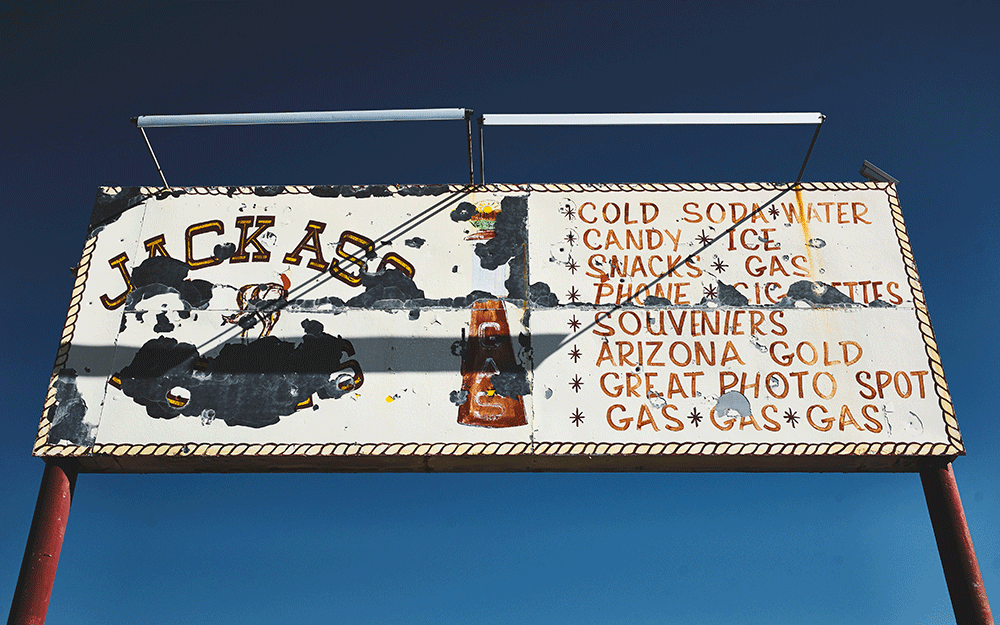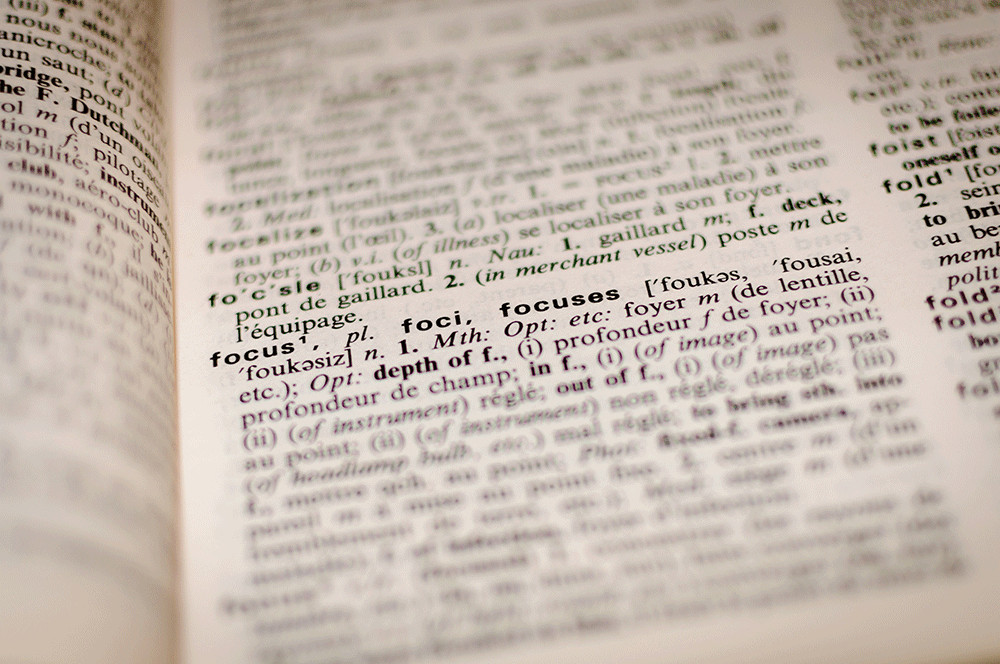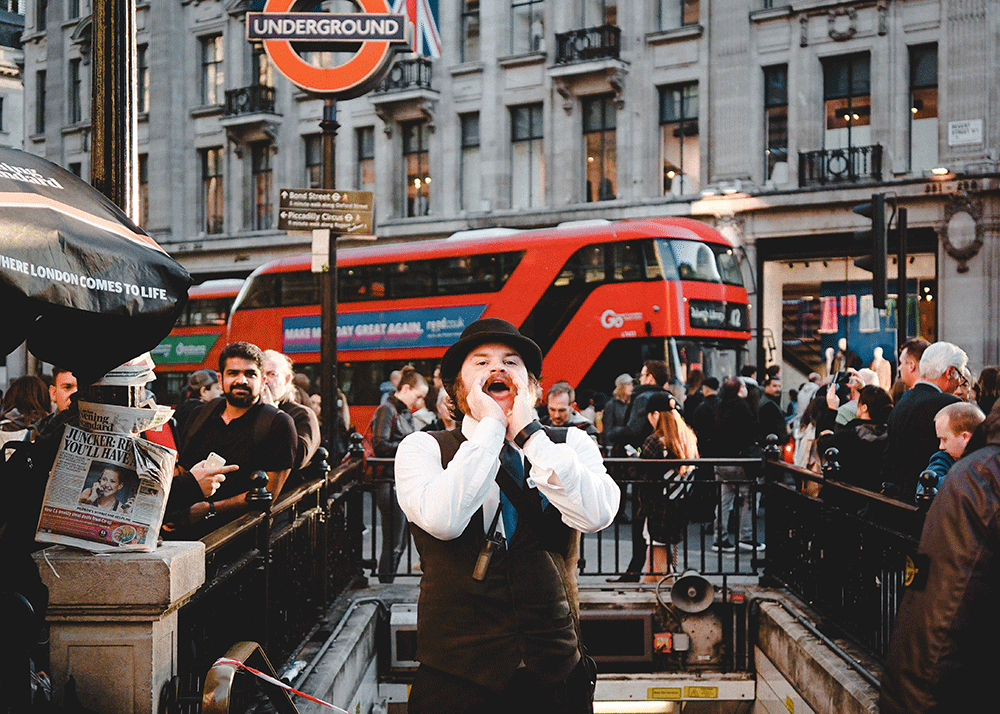Amazingly, about 1.5 billion people around the world speak English. That’s about 20 per cent of the global population! Around 370 million people speak English as their first language, but the kind of English they speak depends on where they are from. So, the English spoken in Australia, South Africa, the UK, Canada and the USA – to name just some of the countries where English is the official language – are all slightly different, although mutually comprehensible. The two most well known versions are British English and American English – and, if you’re one of the one billion people currently studying English, or thinking about learning the world’s most widely spoken language, you might be wondering what the difference is. In a nutshell: not a lot! Brits and Americans understand each other perfectly! But to make it easy for you, we’ve rounded up the main differences below in our handy guide to British English vs American English.
Why is British and American English different?

Settlers brought English to what would become the USA in the 16th and 17th centuries, and English developed differently in the two countries. The two varieties remain very similar, but there are some minor differences. Some spellings were simplified in the USA and different vocabulary was created, particularly for things that occurred after the early settlers had arrived. So, for example, there are lots of differences for car-related terms, such as boot (UK English) and trunk (US English) or gas (US English) and petrol (UK English).
Vocabulary

Today, while most vocabulary is exactly the same, some common words are different. You might say ‘trainers’ for the sports shoes you’re wearing, but in the USA they say ‘sneakers’. Americans go on ‘vacation’, while Brits take a ‘holiday’. Brits will have a ‘biscuit’ to go with a nice cup of tea, but Americans will have a ‘cookie’. Ask for ‘chips’ in the UK and you’ll get chunks of hot fried potatoes, while in the USA you’ll get a bag of what the Brits call ‘crisps’. If it gets a bit chilly, Americans will pull on a ‘sweater’ and British people will wear a ‘jumper’. Nowadays, given the popularity of American TV shows and music and the globalisation of American culture, British people increasingly use these terms interchangeably: for example, ‘want to catch a movie?’ is now just as common in the UK as ‘want to see a film?’ And the same is true in the other direction: check out this fascinating blog by Ben Yagoda, a professor of English, who lists some of his favourite Britishisms that are becoming popular in the USA.
Spelling

Some words are spelt differently in British English and American English. This came about because spelling was increasingly standardized from the 17th and 18th centuries, particularly after the publication of Samuel Johnson’s A Dictionary of the English Language in 1755. Spelling in the USA was gradually simplified, and these simplified spellings were standardized in A Compendious Dictionary of the English Language by Noah Webster, which appeared in 1806. For example, words ending in ‘-our’ in British English were changed to ‘-or’ in American English. So, nowadays, ‘colour’ is ‘color’ in the USA, ‘neighbour’ is ‘neighbor’, etc. Other common differences include words ending in ‘-ise’ in UK spelling, which change to ‘-ize’ in the USA, as in ‘realise/realize’, ‘recognise/recognize’, etc.
Accent

Beyond the vocabulary, there is another aspect in which British English differs from its American cousin. One of the curiosities of British English is the huge number of regional accents found in a relatively small island. What is known as ‘the Queen’s English’ – you might have heard it if you’re a fan of the popular TV series The Crown – is just one of them. Because English developed over a millennium and a half across the UK, there are differences between the way that it is pronounced in places that are relatively close – people from Manchester, for example, don’t sound like people from Liverpool, even though the two cities are only 50 kilometres apart. However, American accents are considerably more homogenous, and it can often be difficult to work out where someone is from by the accent alone, although the main divisions are between the northern, midland and southern accents.
Which English is right for you?

As a learner of English, the choice of whether to learn British English or American English is much less important than your choice of study destination. For example, if you want to combine an English course with surfing, you are better off in Santa Monica than South London. If you want to be in a city where history lives around you, then London is the better choice. And there is also Australia, Canada, India, Ireland, New Zealand and South Africa, each with its own variety (sometimes varieties) of English.
What’s more, if you are a non-native speaker, your English is likely to be the English of the future… more people now speak English as a second or third language than as a mother tongue.



What do you think?